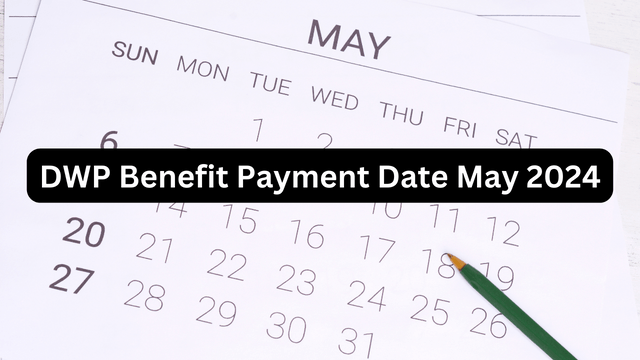In the wake of escalating costs of living and persistent inflationary pressures, millions of UK residents received a welcome financial uplift in April as annual increments to state benefits and pensions were implemented with the onset of the new fiscal year. This measure aims to align incomes with the climbing price index, a crucial step as households across the country continue to grapple with financial strains exacerbated by recent economic turbulence.

Overview of Annual Uprating of Benefits
The annual uprating of benefits is a policy mechanism designed to adjust income support payments according to the inflation rate, ensuring that the purchasing power of these payments does not erode over time despite rising prices. This year, the adjustment came at a time when inflation, although slightly reduced to 3.2% in April from 3.4% in March, remains a significant concern due to its slow descent from the peaks experienced in late 2023.
The Persistence of Economic Challenges
Despite the relief provided by the uprating, the economic landscape continues to present challenges. The UK government’s latest reports indicate a distressing rise in absolute poverty, with nearly a million more individuals falling below the poverty line compared to the previous year. This troubling trend underscores the necessity of sustained and targeted financial support for the most vulnerable segments of the population.
Key Dates and Details for Benefit Recipients
For those reliant on state support, understanding the schedule and adjustments to benefits payments is crucial. Typically, benefits such as Universal Credit, state pensions, and various allowances are disbursed as normal throughout the year. However, adjustments are made for payment dates that coincide with public holidays. For example, payments due on the early May bank holiday are adjusted to the previous working day.
The Shift to Universal Credit
A significant change in the benefits landscape is the transition from six ‘legacy benefits’ to Universal Credit. This shift, affecting approximately 500,000 claimants, is part of a broader effort to streamline and modernize the benefits system. Claimants are advised to prepare for this transition by understanding the new processes and ensuring their eligibility for Universal Credit.
Unclaimed Benefits and How to Access Them
A startling revelation from the policy advocacy group Policy in Practice highlights that nearly £19 billion in benefits remains unclaimed annually. Tools such as their benefits calculator are instrumental for individuals to ascertain their eligibility and claim what they are rightfully entitled to.
Household Support Fund and Other Assistance Programs
In response to ongoing economic difficulties, the government has extended the Household Support Fund, allowing local councils to provide tailored assistance to vulnerable households. This support varies widely, from cash grants to energy bill assistance and is crucial for many families struggling to meet basic needs.
Additional Financial Assistance Options
Budgeting Advance Loans
The government has improved the terms for budgeting advance loans for Universal Credit recipients, doubling the repayment period to two years. These loans provide critical support in times of sudden financial shortfall.
Charitable Grants
Various charitable organizations offer grants based on specific criteria, providing a vital lifeline for eligible individuals in dire financial straits.
Energy Bill Support
Amid fluctuating energy prices, several energy providers offer assistance programs to help manage costs. Notable initiatives include grants and reduced tariff options, which can significantly alleviate the burden of high utility bills.
Council Tax Reductions
Discounts and reductions on council tax are available for eligible residents, providing significant savings for households facing economic hardship.
Childcare Support
The government continues to expand access to free childcare, easing the financial burden on working parents. Recent and upcoming expansions in free childcare hours are a significant boon for families.
FAQs About the Annual Increase in Benefits
What is the purpose of the annual uprating of benefits?
The annual uprating ensures that benefit payments keep pace with inflation, helping recipients maintain their purchasing power despite rising costs.
How does the transition to Universal Credit affect me?
If you’re receiving one of the ‘legacy benefits’, you’ll need to transition to Universal Credit. This process involves checking your eligibility and applying for Universal Credit, which may offer a more streamlined and potentially more generous support.
What assistance is available for energy bills?
Various programs, including grants from energy suppliers and charitable organizations, are available to help manage energy costs, especially during peak usage periods.
How can I access unclaimed benefits?
Tools and resources provided by organizations like Policy in Practice can help you determine your eligibility for various benefits and guide you through the application process.
What should I do if my benefits payment date falls on a public holiday?
Payments scheduled on a bank holiday are typically processed the previous working day. It’s advisable to check with the relevant benefits agency for specific details.
By staying informed about these support mechanisms and key dates, eligible UK residents can better navigate the complexities of the benefits system, ensuring they receive the support they need during these challenging economic times.
Read Also – $2830 in SSI Direct Deposit ChecksI: Explore More Updates



